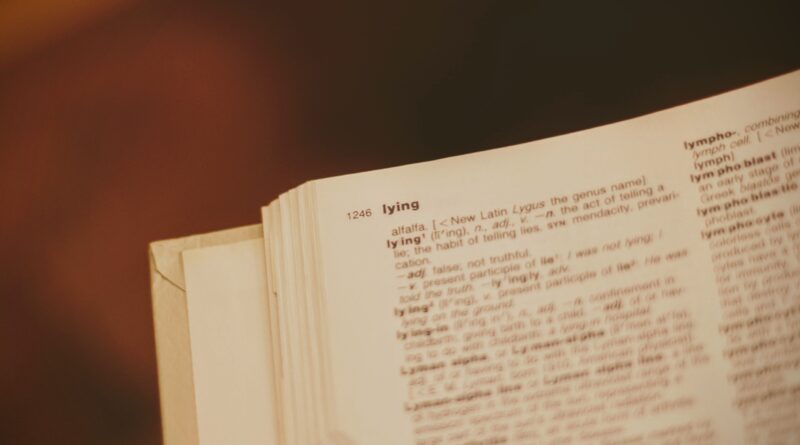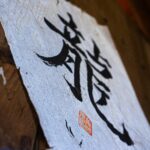Usomatsu (嘘松 – Fabricated Story)
Usomatsu
嘘松
On Japanese social media, posts that seem like lies are sometimes referred to as usomatsu (嘘松).
日本のSNSにおいて、嘘である可能性が極めて高い投稿のことを、俗に「嘘松」と言うことがあります。
The word uso (嘘) means “lie.”
「嘘」は “lie” を意味します。
The word matsu (松) usually means “pine,” but in this context, it refers to the character Osomatsu (おそ松) from the anime Osomatsu -san (おそ松さん).
「松」は “pine” を意味する単語ですが、ここでは「おそ松さん」というアニメのキャラクター「おそ松」を指しています。
The slang term usomatsu originated from a post on Twitter (now “X”) about an unbelievable experience related to Osomatsu-san, or the fact that users who frequently posted fake stories used icons of Osomatsu-san.
Twitterに「おそ松さん」に関する嘘のような体験談が投稿されたこと、または嘘としか思えない体験談・目撃談をTwitter上で発信したユーザが「おそ松さん」のアイコンを利用していたことから、このようなスラングが生まれたとされています。
As an antonym for usomatsu, hontōmatsu (本当松) is sometimes used, incorporating hontō (本当 – meaning “truth”).
対義語として、”truth” を意味する「本当」を使った「本当松」があります。




